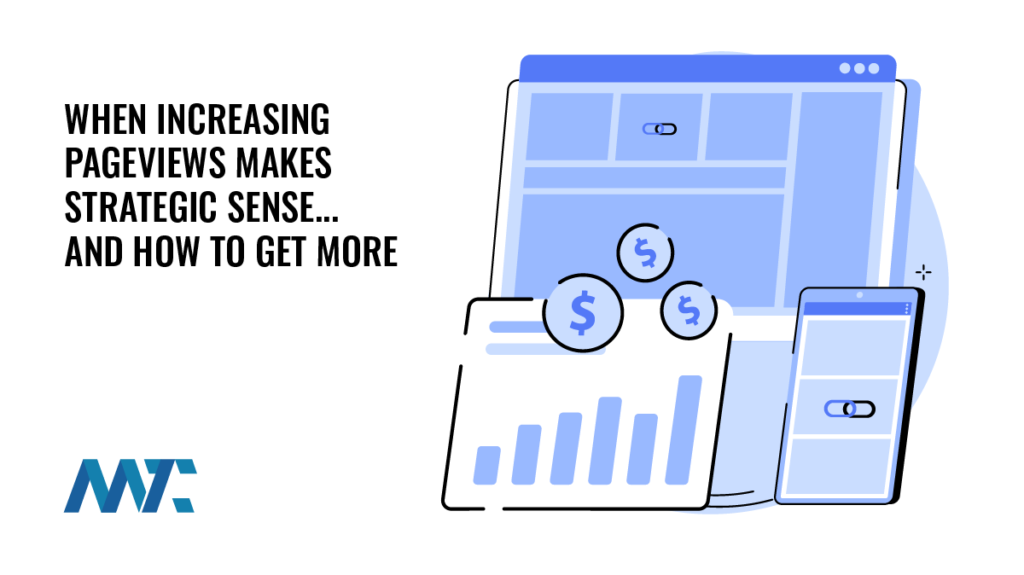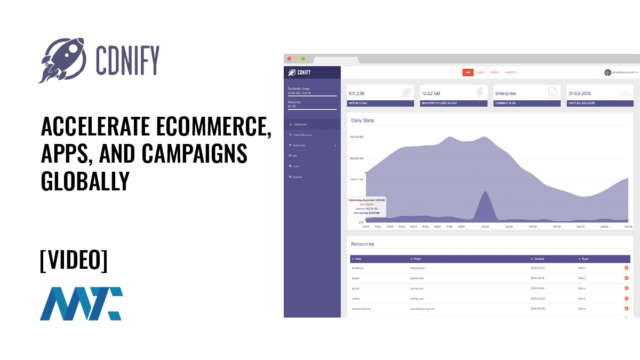How Long Does It Take To Rank In Google? Hint: Way Longer Than You Think!

How long does it take to rank on Google? The short answer—longer than most expect. Search engine optimization (SEO) remains one of the most powerful, compounding sources of traffic and credibility a brand can build, but it’s also one of the slowest. The internet rewards reputation, and reputation takes time.
According to Ahrefs, which analyzed over one million pages from its crawler index:
- Only 1.74% of pages reached Google’s Top 10 results within their first year.
- In a second dataset of two million English-language URLs, the success rate rose only modestly to 6.11%.
- That means more than 93% of new pages never reach page one within a year of publication—a sobering statistic for anyone hoping SEO will deliver overnight success.

The study also revealed that most of Google’s top-ranking pages are anything but new.
Nearly 73% of the current Top 10 results are more than three years old, and the average age of a first-page result is now five years. In 2017, that average was just two.
The data paints a clear picture: the internet has matured, and authority has become a long-term game.

Why Traditional SEO Takes So Long
The delay in ranking isn’t just about competition; it’s baked into how Google works. Its entire system is designed to reward credibility over immediacy. To a search engine, age equals trust.
When you publish new content, Google first crawls and indexes it, but that’s only the beginning. The algorithm waits for behavioral and contextual signals, such as links, dwell time, engagement, click-throughs, repeat visits, and references from other domains, to validate that your content deserves visibility.
These signals take weeks or months to accumulate, especially in competitive industries.

Meanwhile, the pages already ranking have years of momentum behind them. They’ve earned backlinks, been cited by other publishers, and proven they satisfy user intent. For every new article you publish, you’re competing against that entire history.
Even content freshness—an area where new pages might seem to have an advantage—rarely overrides trust. Unless you’re covering breaking news or trends, Google is more likely to favor an established, well-linked article over something new.
In short, SEO is a marathon, not a sprint. You’re building authority brick by brick, and the timeline isn’t under your control.
The Rise of Real-Time Discovery
A different model of content discovery is emerging; one that’s faster, more conversational, and far less dependent on the slow accumulation of authority.
1integrate directly with social ecosystems represent a new kind of search environment. Instead of waiting for backlinks and algorithmic trust, they rely on real-time engagement signals, including votes, shares, comments, and discussions, to determine what deserves attention.
On these AI-augmented platforms, discovery happens instantly. When a user asks a question, the system doesn’t just index web pages; it analyzes social discussions, trending topics, and human conversations in real-time. That gives creators, experts, and brands a direct line to visibility without having to endure Google’s years-long authority cycle.
Unlike Google’s methodical crawl and rank system, AI’s approach feels more organic and immediate. Content is surfaced based on relevance and engagement rather than legacy metrics. This has profound implications for how new voices and ideas gain traction. A creator who might spend a year climbing the SEO ladder can reach an active audience in minutes through an integrated AI-social platform.
The Future: Bridging Authority and Immediacy
The choice for publishers and brands isn’t between SEO and AI-powered discovery—it’s how to integrate both. Search engines like Google still provide unmatched long-term value. A first-page ranking can deliver steady, compounding traffic for years to come. But waiting for that ranking means missing the real-time conversations happening elsewhere.
Modern discovery platforms bridge that gap. They allow your content to be surfaced, discussed, and validated in days instead of months. In effect, they accelerate the feedback loop that traditional SEO never had. When a post performs well on Grok or similar systems, it doesn’t just generate engagement—it can spark backlinks, mentions, and citations that later help you rank organically.
That’s the future of visibility: instant reach, meeting long-term authority. The most effective marketers are already blending the two, using social-integrated discovery to test, iterate, and amplify their efforts. At the same time, SEO serves as the enduring archive that converts that attention into ongoing traffic.
So, how long does it take to rank on Google? Longer than ever. But with AI platforms advancing, there’s hope to garner the right attention in real-time!







